PM’s call to carry on amid the coronavirus crisis flies in the face of mass closures
Prime Minister Scott Morrison’s call to carry on amid the escalating coronavirus crisis flies in the face of mass closures and a strained health system, writes Sharri Markson.
Opinion
Don't miss out on the headlines from Opinion. Followed categories will be added to My News.
- The not-so-boring truth about Nats leader
- What if complex IR system, not Calombaris, is the real issue
These are unprecedented times.
We are in the grip of a health and economic crisis.
Travel bans of entire continents. Countries with millions of people in lockdown, their streets deserted. The Louvre and its timeless art, closed.
The cancelling of the Grand Prix, the Easter Show, maybe the Olympics, concerts and any gathering of more than 500 people.
The buckling of countries that have been bustling for thousands of years, brought to their knees by a virus that some advice to government suggests may have been developed in a Wuhan biological warfare laboratory.
Hospitals overflowing, not enough beds, not enough ventilators, not enough doctors or nurses to treat everyone.
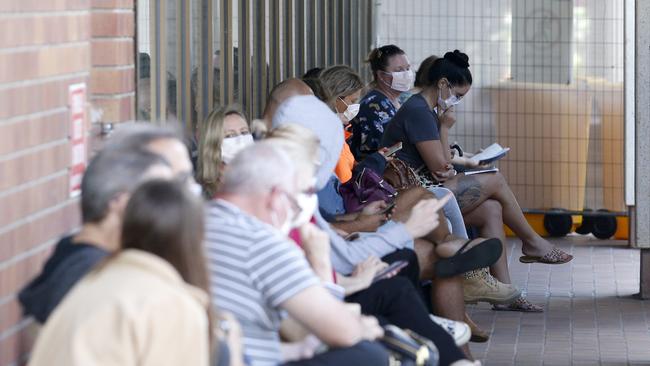
And then those precious, overworked, under slept-doctors catching the virus.
Medical professionals in First World countries having to make that sickening choice — who to treat and who to turn away.
It’s a global health pandemic in a globalised world, where borders are porous and our health system is ill-equipped and ill-prepared for such an event.
This is the reality of the situation we face.
To think, just a few weeks ago we were complaining about the National Party’s leadership spill and agonising over whether we should extend the life-cycle of a coal-fired power station.
Oh, for the concerns of simpler times. And yet, what is our prime minister saying?
Wash your hands. Carry on as normal. Go to the footy.
No. How has the Australian and NSW government prepared our country to handle this pandemic?
This coronavirus crisis has shone a light on how severely under-resourced and underfunded our hospitals are. They will struggle to cope with a health pandemic like this.
I do not need to tell you how the wait in the emergency department stretches for hours and hours or how long it takes to get an ambulance to turn up — you already know.
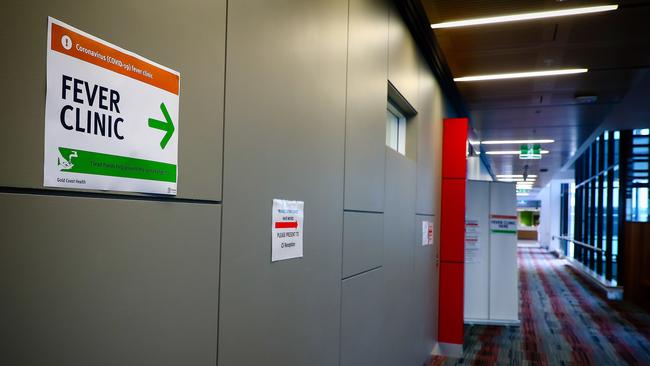
How is it that we had a NSW Budget surplus of $700 million yet we all have just accepted an inadequate health system with not enough beds, doctors or medical equipment like ventilators?
How have we allowed this to eventuate?
We know the health system is already stretched to capacity and that’s before a pandemic is thrown in.
Elective surgery has now been cancelled to free-up hospital beds and doctors have had their leave postponed.
Even with these measures, our health system will be pushed to its limits. In regional areas, the situation will be more dire.
This means that we may not get treatment when we desperately need it. We may have to care for our loved ones in corridors or at home as they struggle to breathe.
And what happens when doctors get sick? Who will man the hospitals?
This is an unprecedented situation which we haven’t seen in our lifetime, but our government should have war-gamed these scenarios.
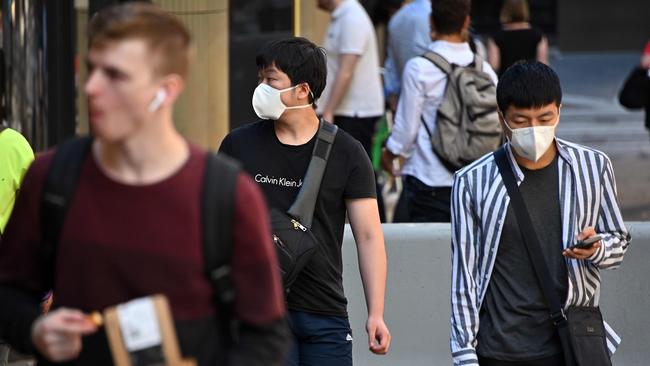
We have also had the benefit of hindsight after watching this unfold in Italy and Korea and China and Iran.
Yes, there are still less than 100 people identified with coronavirus in NSW but there is a two-week incubation period and by the time a case has been detected, it is too late, the virus has likely spread to a circle of people around the infected individual. And in Sydney, it is still extremely difficult to get tested for the coronavirus.
This week there was a five-day wait at the pathology lab that does coronavirus testing in Sydney’s eastern suburbs, while the wait at St Vincent’s hospital coronavirus clinic stretched between three to five hours.
This will hopefully ease when drive-through pop-up clinics open up.
But the Morrison government, which quickly turned around a Liberal Party advert outlining their bushfire recovery measures, has been too slow to run a health information campaign on coronavirus. This should have happened three weeks ago.
The stimulus package announced this week will not go through the Parliament for another week and a half. Given Peter Dutton reported a positive diagnosis yesterday, who knows if Parliament will even be able to sit?
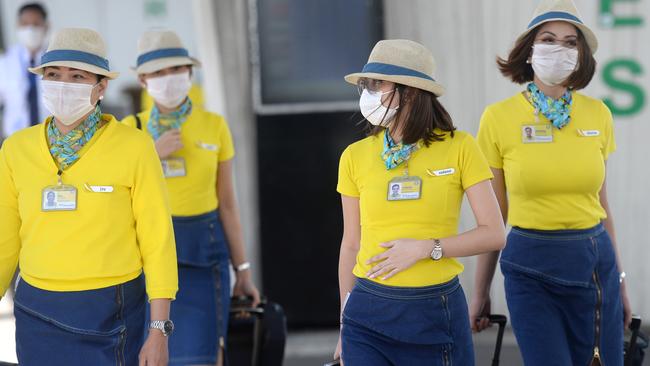
And even though Australia was among the first to implement a travel ban, against inadequate World Health Organisation advice, it was too little too late, says former Australian Medical Association President Kerryn Phelps.
“The travel bans were inadequate, and there was also a delay in closing down major events when we had evidence of community transmission,” she said.
Tracing of passengers’ travel history should be possible already, but the technology, which exists, hasn’t been implemented.
Here’s how the next few weeks will unfold. If there is a community outbreak in a specific area, for example, Ryde in Sydney’s northwest, that entire area will go into lockdown. Schools will be closed, public transport shut off and people will be quarantined and asked to stay in their homes.
This is how the federal government will respond to the unfolding coronavirus outbreak.
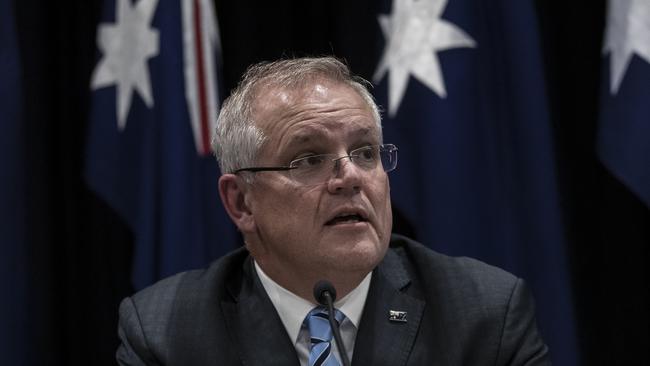
The strategy now is not to stop a community outbreak of coronavirus but to slow the transmission down so that our health system can cope, so that hospitals are not overwhelmed.
We’ve seen what that looks like in Italy. It is horrific and deeply distressing. People are being turned away from hospital, to go home and die.
The fact is coronavirus is deadly if you have a respiratory illness like asthma or you’re elderly.
There’s been a shamefully dismissive attitude towards the elderly, like somehow they are less important than the rest of society.
Everyone who was happy to indulge in an apocalyptic panic during the bushfire season is now patronising those who are genuinely anxious about a killer virus wiping out their parents and grandparents.
In terms of Australians’ reaction to panic-buy grocery products and toilet paper, this is understandable, even if it’s irrational to think we will run out of toilet paper when we have local manufacturers.
Far from ridiculing people who are stockpiling groceries, they are actually taking sensible precautions to protect their family in case there is a quarantine and lockdown — which is now likely to come.
